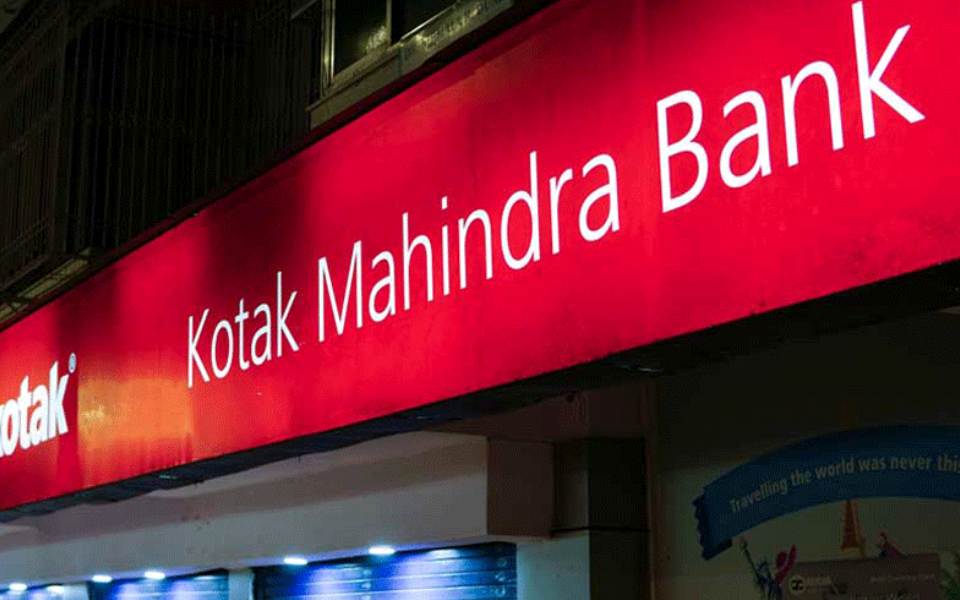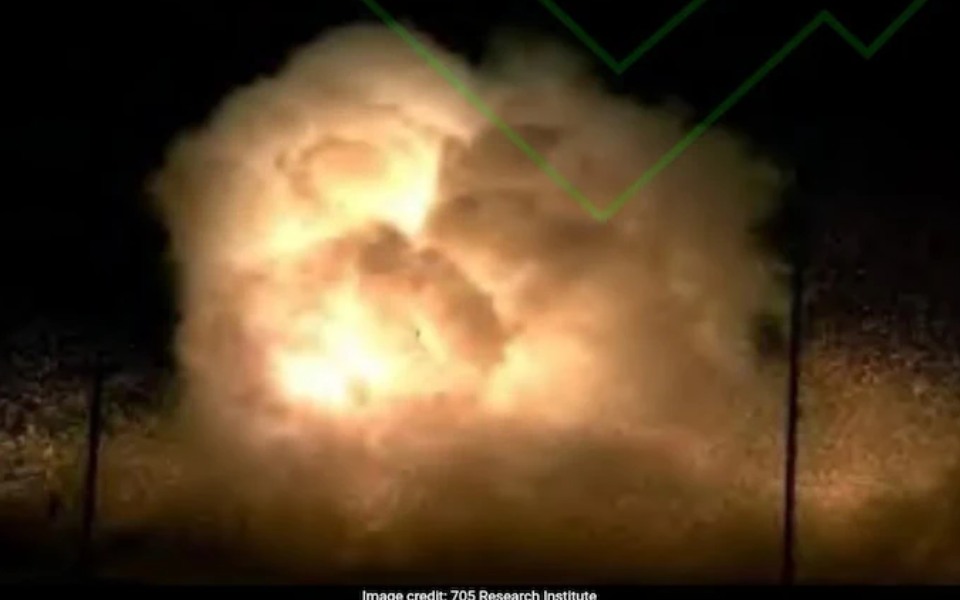Mumbai, Apr 24: The RBI on Wednesday barred Kotak Mahindra Bank from onboarding new customers through its online and mobile banking channels and issuing fresh credit cards with immediate effect after the regulator found serious deficiencies in the lender's IT risk management.
These actions, the RBI said, are necessitated based on significant concerns arising out of Reserve Bank's IT examination of the bank for the years 2022 and 2023 and the continued failure on part of the bank to address these concerns in a comprehensive and timely manner.
"Serious deficiencies and non-compliances were observed in the areas of IT inventory management, patch and change management, user access management, vendor risk management, data security and data leak prevention strategy, business continuity and disaster recovery rigour and drill, etc," the RBI's statement said.
For two consecutive years, the bank was assessed to be deficient in its IT Risk and Information Security Governance, contrary to requirements under Regulatory guidelines, it added.
The Kotak Mahindra Bank has been directed "to cease and desist", with immediate effect, from onboarding of new customers through its online and mobile banking channels and issuing fresh credit cards. The bank shall, however, continue to provide services to its existing customers, including its credit card users.
Let the Truth be known. If you read VB and like VB, please be a VB Supporter and Help us deliver the Truth to one and all.
Beijing: China has reportedly tested a new kind of explosive device that uses hydrogen but does not involve any nuclear materials. This new weapon was developed by the China State Shipbuilding Corporation (CSSC). It works differently from traditional hydrogen bombs, which rely on nuclear fusion. Instead, this device uses a chemical reaction with a substance called magnesium hydride. The explosion creates a powerful fireball that gives off extreme heat for a longer time, reported Economic Times.
The explosive weighs only 2 kilograms and uses a unique method to create a powerful blast. Magnesium hydride, which stores hydrogen at high densities, breaks down quickly when triggered by a normal explosive. This releases hydrogen gas, which then mixes with air and catches fire. The result is a fireball with temperatures above 1,000°C much hotter than regular explosives like TNT.
Quoting Wang Xuefeng, a top scientist at the China State Shipbuilding Corporation (CSSC), The Economic Times reported that hydrogen explosions require very little energy to ignite and can spread rapidly. Wang explained that such fires possess the intensity to burn through strong materials, including aluminium alloys. Due to its precision and destructive power, the device could be highly effective in targeted military strikes.
During a field test, the explosive showed a peak pressure of 428.43 kilopascals at a distance of two meters. This is around 40% of the pressure made by TNT. But the real strength of this device lies in the heat it produces. While most explosives create a quick shockwave, this one keeps burning at very high temperatures for more than two seconds.
This long-lasting heat could make the explosive useful for hitting specific military targets, such as power plants or communication centers. It could also be used to block enemy forces by burning roads or transport routes, making them unusable.





